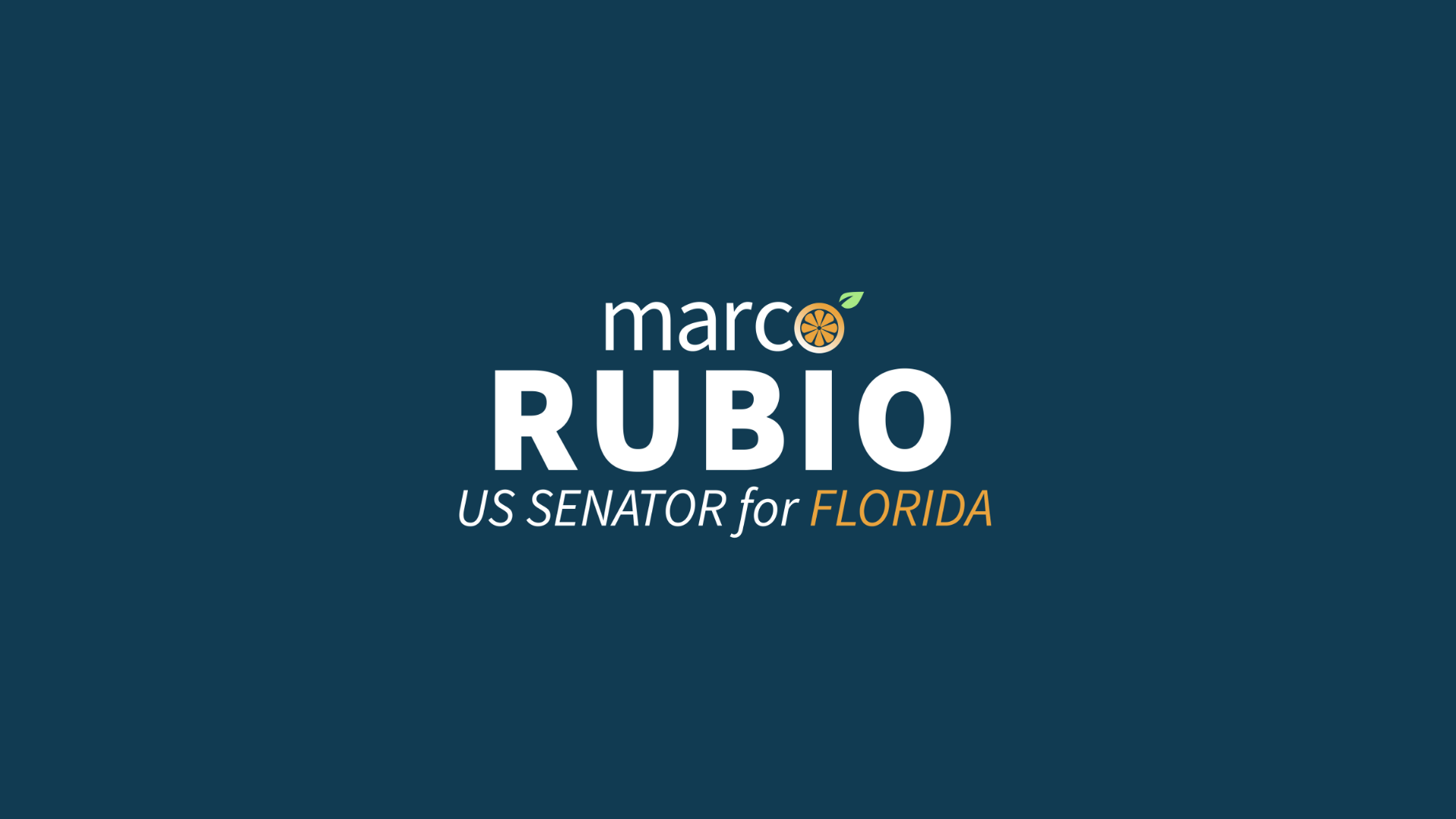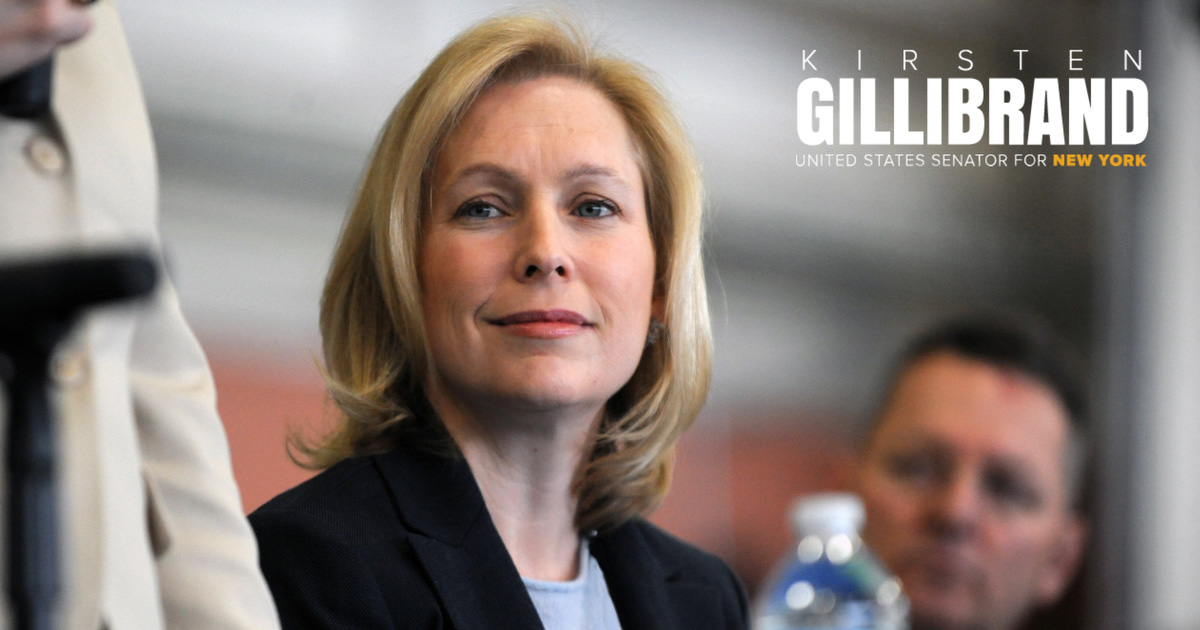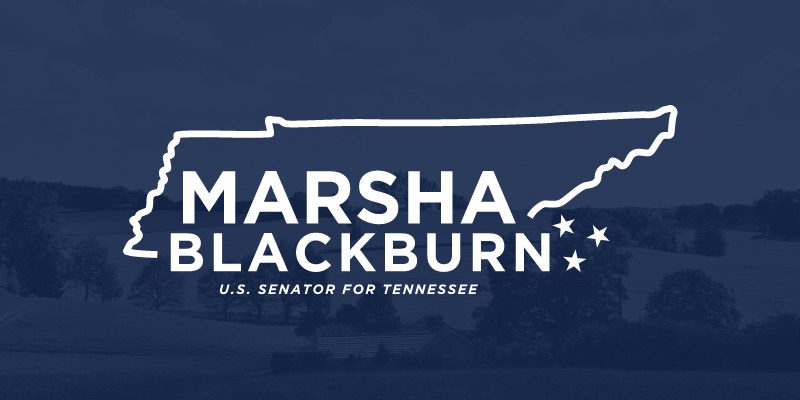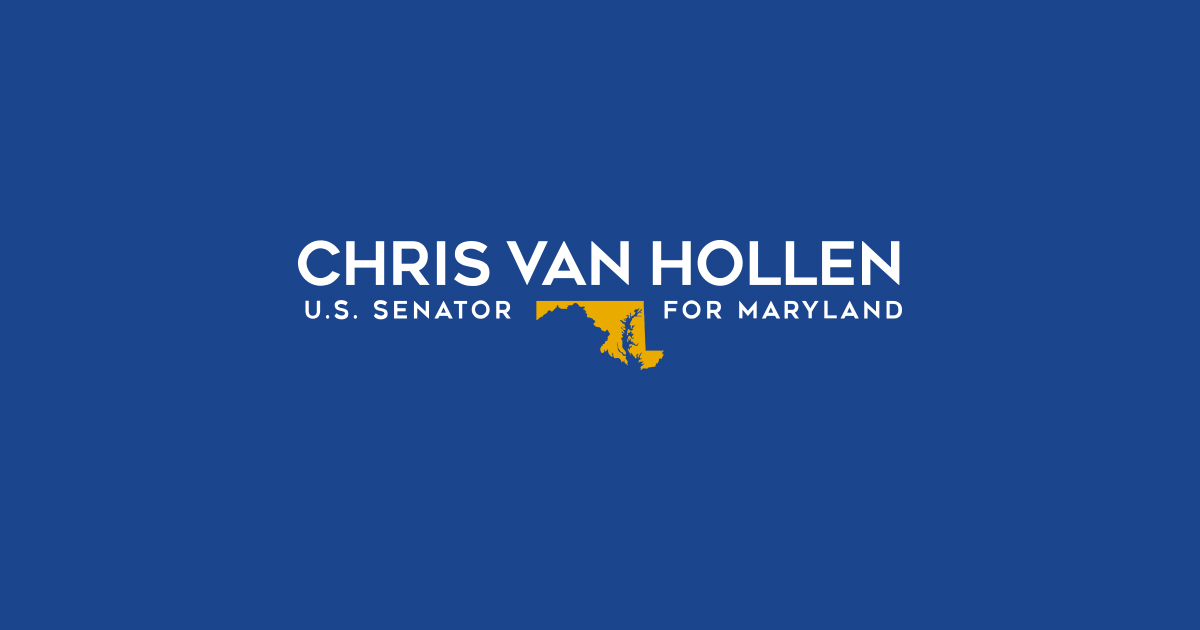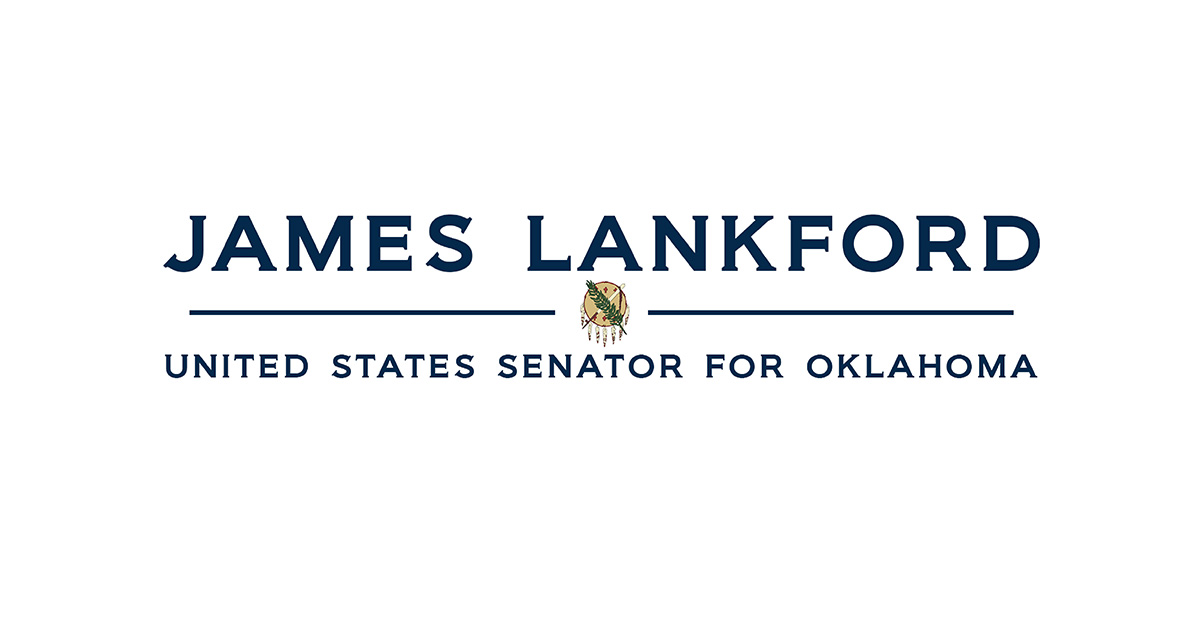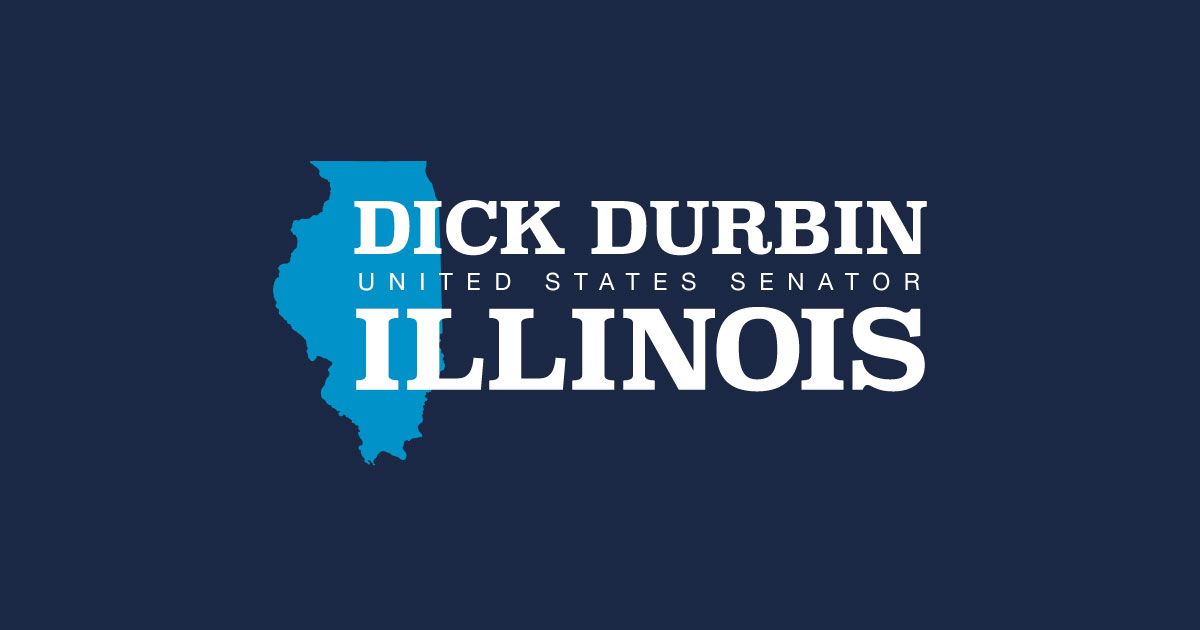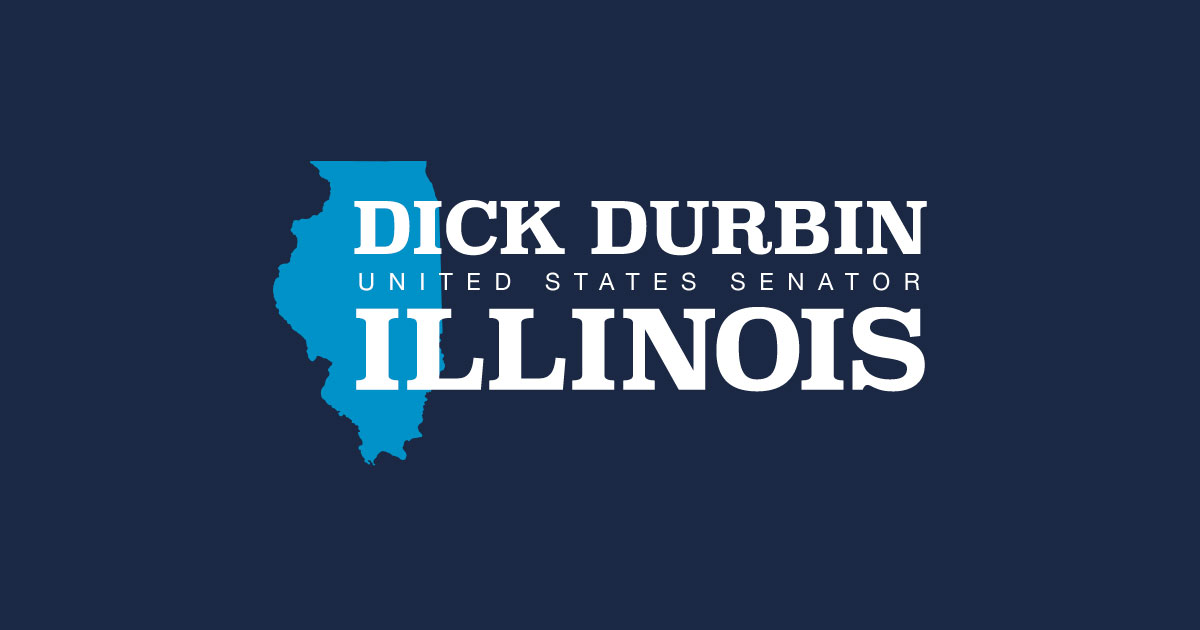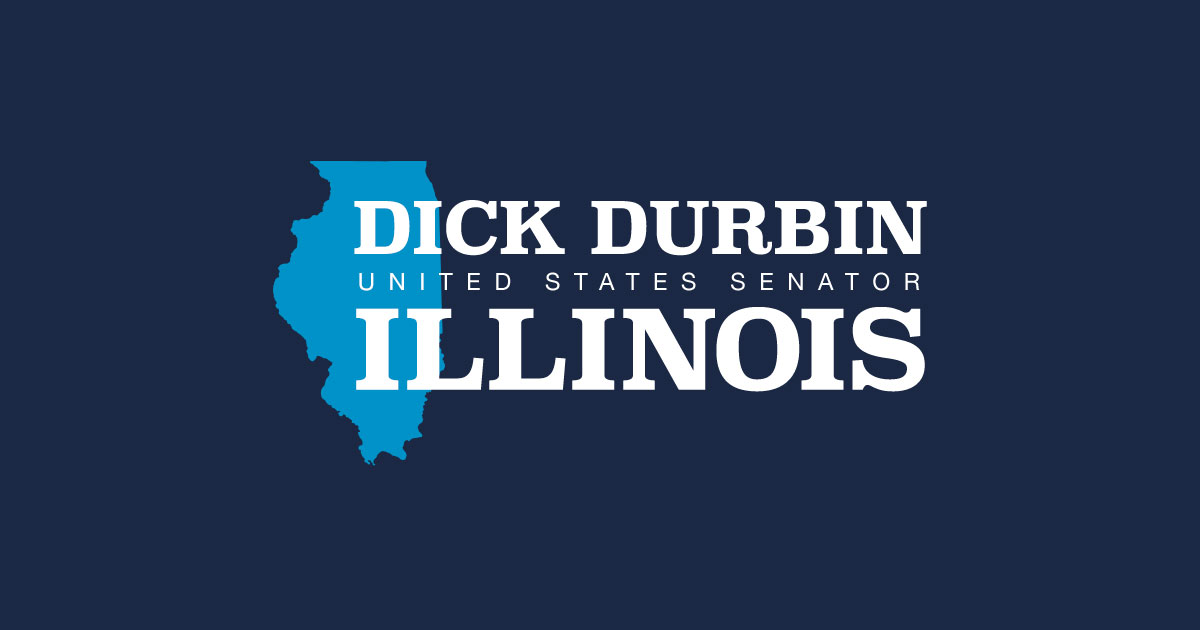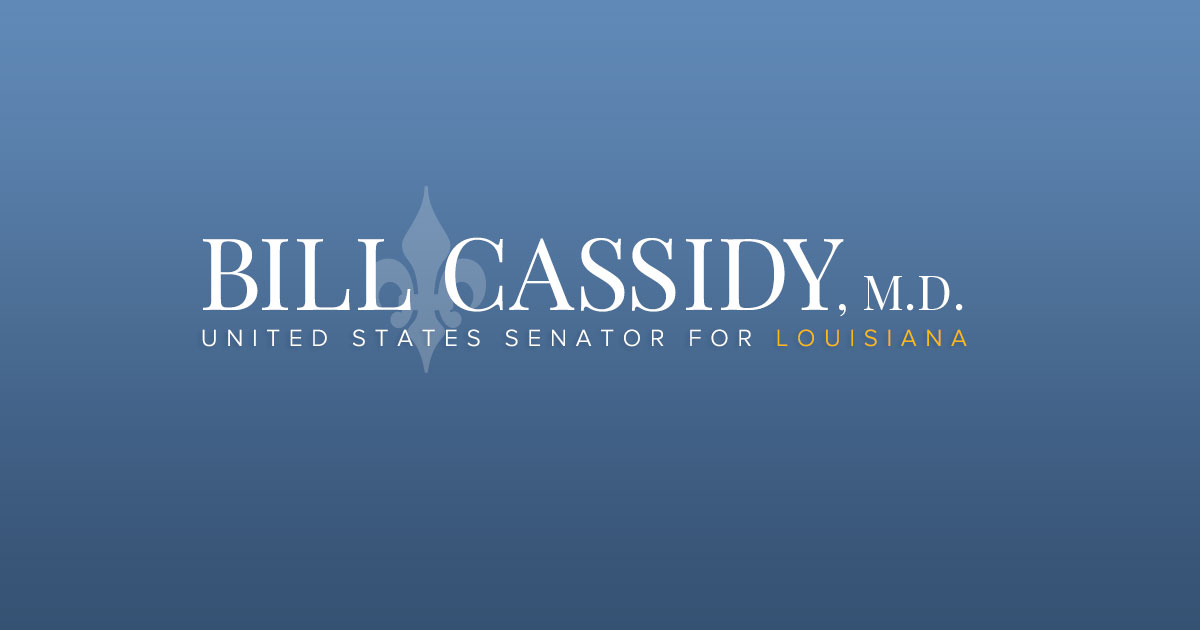Source: United States Senator for New York Charles E Schumer
Lake Ontario Floods Have Cost Millions Of Dollars Of Damage To Wayne County Homes, Businesses, & Beaches, Including Charles Point Bluff Putting Homes At Risk of Falling Into Lake Ontario Because Breakwall is Broken & Eroded
Today After Securing $4.5 Million To Rebuild Charles Point Breakwall Better & Stronger Schumer Announces Construction of New Wall is Now Complete
U.S. Senator Charles E. Schumer today announced that following his push to secured $4.5 million last year for the U.S. Army Corps of Engineers (USACE) to finally repair and rebuild the battered Charles Point barrier beach break wall to protect Sodus Bay and to safeguard homes on Charles Point bluff at risk of falling into Lake Ontario, construction of the new robust wall is now completed.
“Over the past few years, Lake Ontario’s historic flooding has battered Wayne County communities and their bays and harbors and eroded away the vital Charles Point breakwall in Great Sodus Bay,” said Senator Schumer. “That’s why last year I was produce to join Wayne County homeowners and officials to announce I had secured $4.5 million last year to finally repair and rebuild the Charles Point barrier beach break wall. Today I’m pleased to announce construction of the new more robust wall is now complete. The Charles Point breakwater wall is a vital shield, protecting Sodus Bay and safeguarding homes on Charles Point bluff from falling into Lake Ontario. No one should have to fear for the safety of their home, but until now families along the Charles Point bluff have had to do just that, as Lake Ontario water levels threatened to cause serious damage. That’s why I was proud to deliver the much-needed $4.5 million for the Army Corps of Engineers to repair and rebuild the Charles Point break wall. Now the repaired wall will serve as a shield, improving resiliency along the Lake Ontario shoreline, protecting Sodus Bay, and ensuring the safety of our community and their families.”
In 2017, following Lake Ontario’s floods, Schumer met with Wayne County Officials and Charles Point homeowners to begin his push for the U.S. Army Corps to allocate funding to repair the badly damaged Charles Point break wall. The floods broke through the wall in several places, allowing Lake Ontario waters to dangerously erode the Charles Point bluff, jeopardizing and undermining the land supporting homes on top of the bluff. Besides protecting Charles Point, the wall is a major component of the infrastructure that the Army Corps of Engineers built decades ago across the mouth of Sodus Bay to protect the Bay and the hundreds of homes and job-creating businesses located within the Bay from damaging Lake Ontario waters, waves, and erosion. The Charles Point wall together with Crescent Beach and the Army Corps’ navigation channel wall form a vital barrier that shields Sodus Bay but the floods damaged this barrier system by destroying the Charles Point wall and by breaching and washing away entire sections of Crescent Beach land. In 2018, Schumer first succeeded in getting the Army Corps to allocate $150,000 to design the Charles Point wall repair, then estimated to cost $1.5 million. However when the designs revealed $4.5 million would instead be required to reconstruct and rebuild the Charles Point wall to a higher resiliency standard to prevent future flood damage, Schumer wrote in late 2019 to US Army Corps Commanding General Todd Semonite to push for the Army Corps to allocate the needed $4.5 million.
“The Sodus Point community is breathing a deep sigh of relief, now that Charles Point is secured. The funds that Senator Charles Schumer was able to secure were instrumental in making this happen. This was the highest risk area for catastrophic damage, and it has now been averted. We appreciate the senator’s support and look forward to working with him to secure additional funds for the East breakwater which is also in need of repair,” said Dave McDowell, Mayor, Sodus Point, NY
Eric Depew, Charles Point resident and past Charles Point Homeowner Association Vice President said, “It is an immense relief to see this project come to conclusion after 4 years in the making knowing that Charles Point is safe from the ravages of Lake Ontario today and for generations to come! As the primary resident advocate for this project I know this would not have been possible without the immense efforts and influence of Senator Schumer and his staff. We look forward to continuing to work with the Senator to finish securing Sodus Bay’s future by acquiring the additional funding needed by the USACE to fix the functionally failed East Breakwater they hold responsibility for maintaining and that threatens the continued viability of the Bay itself.”
Last year, Schumer announced the Army Corps heeded his push and included the $4.5 million in the Corps’ FY20 work plan to construct the new upgraded and more resilient armored stone revetment Charles Point protection wall. Last summer the Army Corps of Engineers awarded the $3.86 million construction contract to replace the wall with a new wall structure to replace the existing failed 525 ft Charles Point steel sheet pile wall. A gap in the existing wall caused increased erosion to the land and bluff behind it. The new wall will provide better protection for erosion of the bluff and potential breach into the harbor. Work commenced last August and was completed May 19,, 2021.
###
